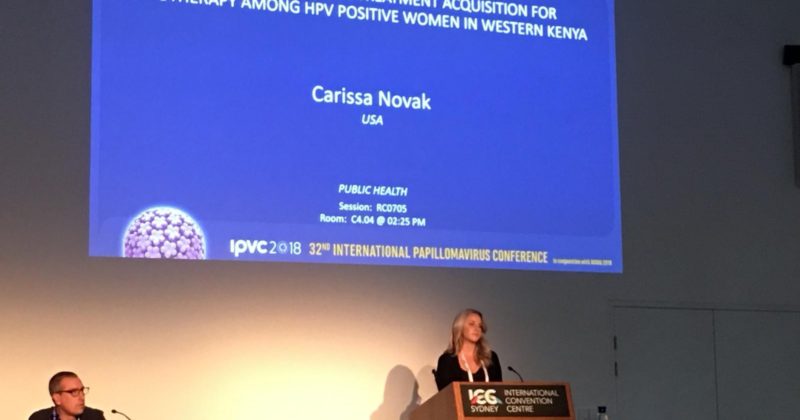
Burden of Uterine Cancer Disproportionately Impacts Black Women in the US
Story by Alex Lichtl, T'19 Uterine cancer rates in the United States continue to rise, with the burden of this disease disproportionately impacting black women. Deaths from uterine cancer were twice as likely for black women compared to white women, even though the incidence was high among both racial groups. The higher mortality from uterine cancer seen in African American women may be due to factors such as genetics and unequal access to care, according to Dr. Michael Birrer at the University of Alabama. Birrer stated that more research is needed to address these factors. The Centers for Disease Control and Prevention said that the rise in uterine cancer rates is partially due to the increase in obesity rates in the United States. Dr. Joseph Davis, an OB/GYN at Cayman Fertility Center, explained that apart from hormonal risk factors, such as higher-than-normal estrogen levels, social factors like diabetes and obesity have become more common due to the amount of processed foods...








